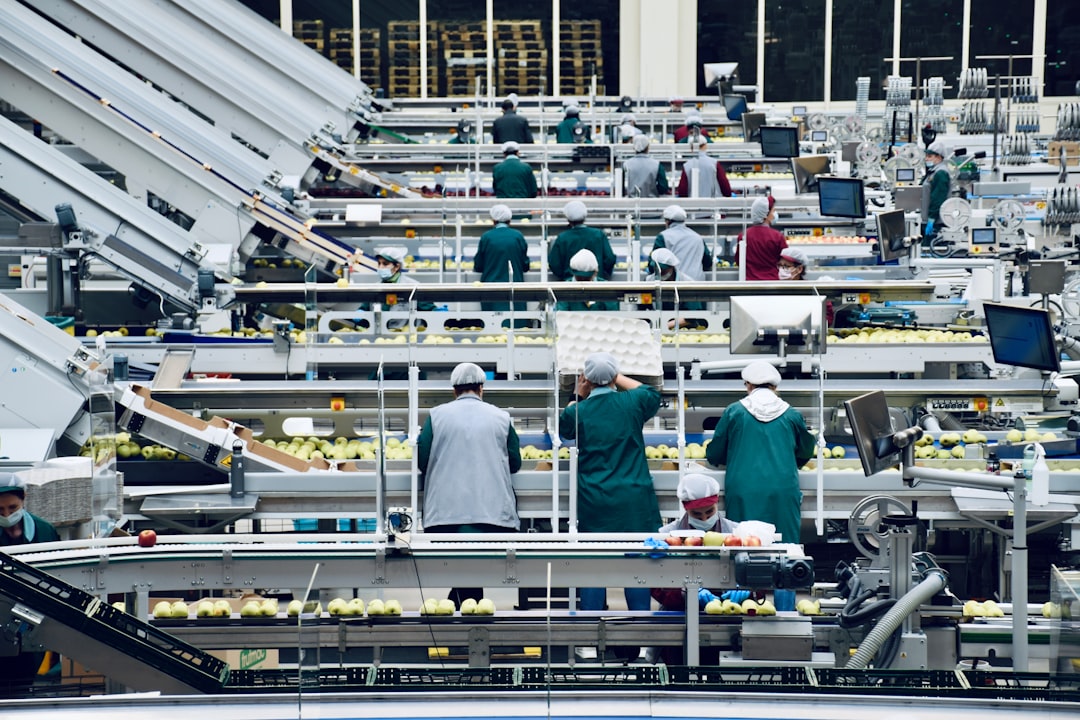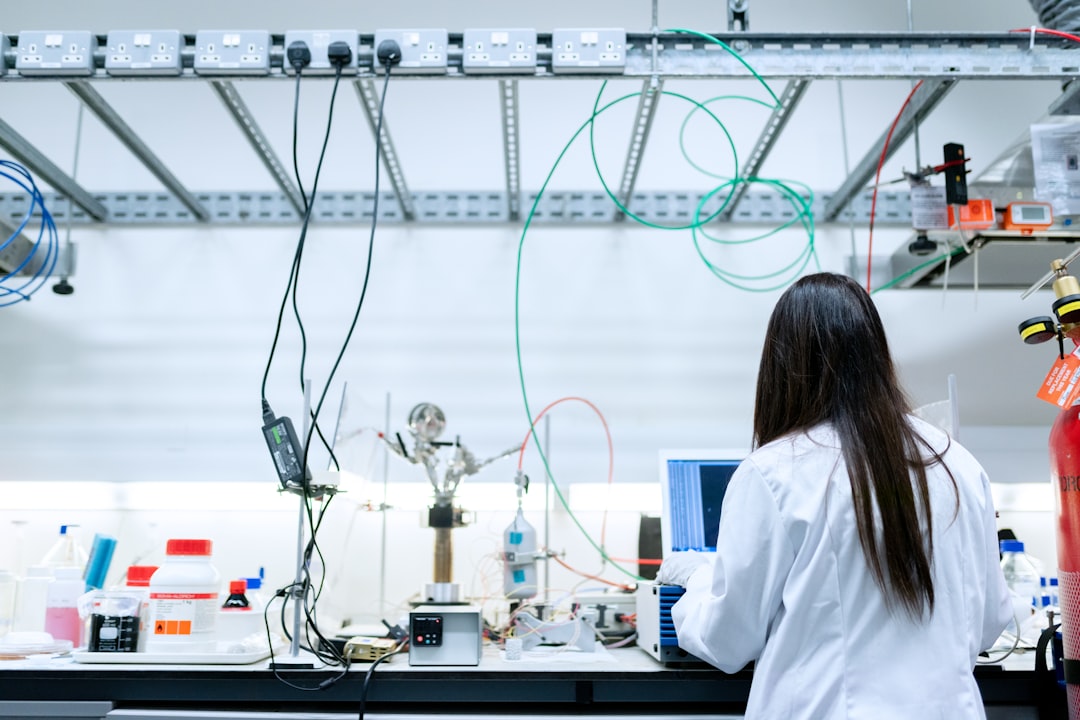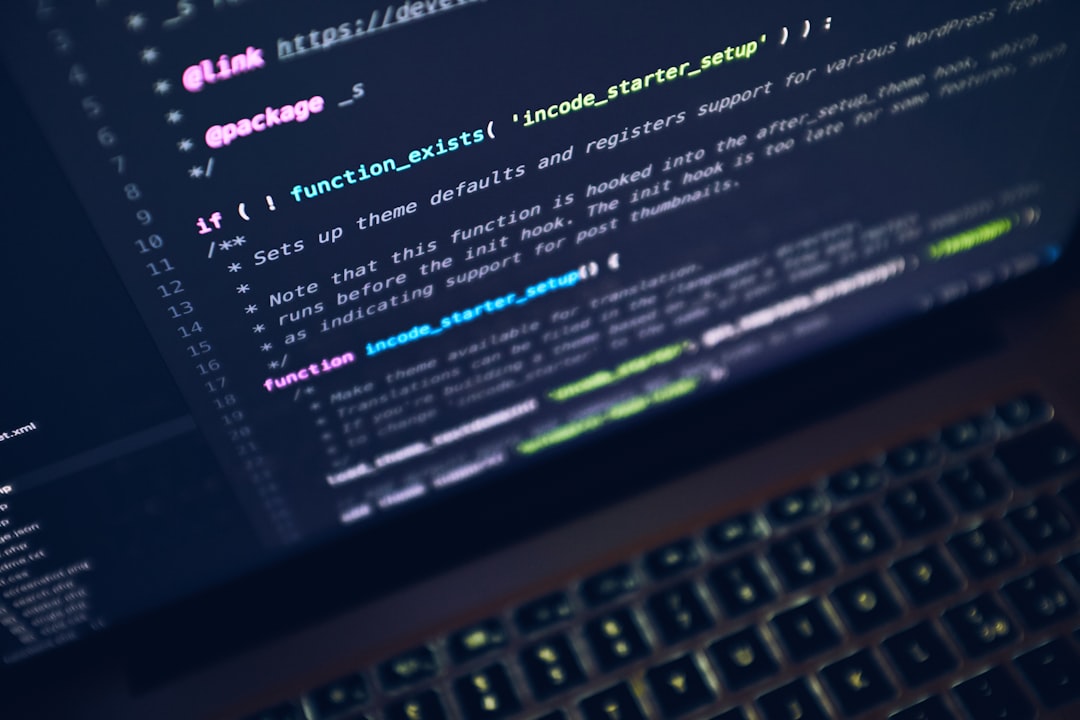Vibe Coding: Skepticism in Critical Systems vs. Creativity in Game Development
Vibe coding—a term popularized in 2025—refers to a programming approach where developers rely on large language models (LLMs) to generate software from natural language prompts, often without deeply reviewing or manually writing the underlying code themselves.
This “flow-first” style of coding is increasingly visible across tech communities and tools, but it’s becoming clear that its suitability depends heavily on context, purpose, and risk tolerance. Below, we explore why many professionals remain skeptical about vibe coding for critical systems, yet why it’s capturing the imagination of game developers.
What Is Vibe Coding?
At its core, vibe coding shifts the programmer’s role from manually typing code to guiding, testing, and iterating via prompts to AI coding agents. Instead of writing functions and classes, developers describe desired behavior and refine outputs through conversation with the AI model.
Proponents liken it to creative rapid prototyping—where experimentation and iteration precede deep engineering …











